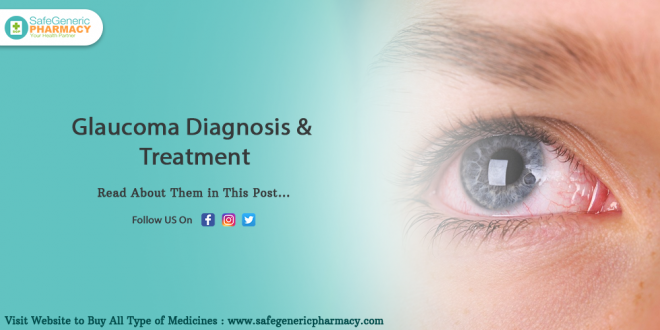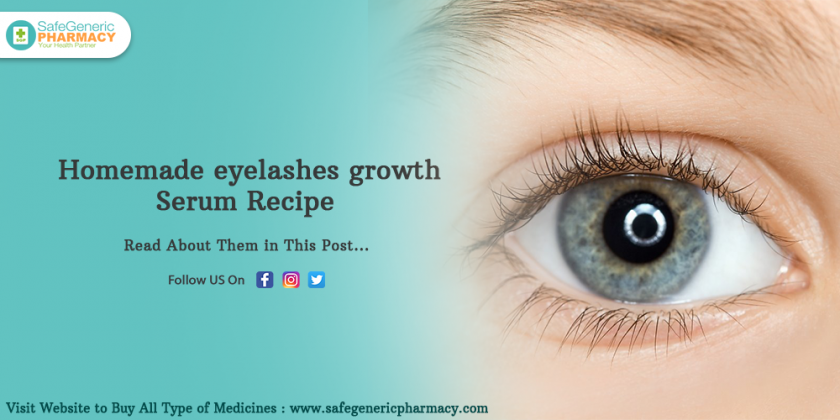WHAT IS GLAUCOMA?
Glaucoma is the name for a few eye diseases that cause harm to the optic nerve. The optic nerve, which goes as a messenger for information between the eye and the mind, is in the back of the eye. When the nerve is harmed, a loss of vision is likely to happen.
At first, individuals with glaucoma will lose their peripheral (side) vision. If the disease stays untreated, vision loss will likely get deteriorate. This can prompt to total blindness after some time.
GLAUCOMA SYMPTOMS
Glaucoma often gives with no symptoms to caution you. Numerous specialists, due to this absence of physical symptoms, have called it “the silent thief of sight.” Therefore, distinguishing and treating the infection early is essential to prevent blindness.
When left untreated, progressive vision loss will happen. Below are the typical stages of vision loss:
- Tunnel vision
- Blind spots in your peripheral vision
- All out blindness
Read Also : Careprost Eye Drops: The Ultimate solution for Eyelash Growth
GLAUCOMA RISK FACTORS
- Age: You are at higher hazard if you are older than 45.
- Family History: Glaucoma may have a genetic connection; in this manner, if you have a family history, you are at a higher risk of building up the condition.
- Medical Conditions: Hypothyroidism, heart problem, high blood pressure, and diabetes are a few conditions that may expand the risk of developing glaucoma.
- Other Eye Conditions: Eye inflammation, Eye tumors, and Retinal detachment could expanding the risk of glaucoma. Certain types of eye surgery and being farsighted or nearsighted may also expand your risk.
- Damage: Increased eye pressure is some of the time a result of severe eye injuries; therefore, trauma can expanding the risk of developing glaucoma.
- Long-term Corticosteroid Use: Corticosteroid meds (for example, some eye drops) over a long time may expanding the risk of developing this disease.
How Is Glaucoma Treated?
The goal of glaucoma treatment is to lessen IOP to stop any extra eyesight loss. Usually, your primary care physician will start treatment with prescription eye drops. If these don’t work or further advanced treatment is required, your specialist may suggest one of the following treatments:
Medications
A few drugs intended to lessen IOP are accessible. These medicines are accessible as eye drops or pills, but the drops are more common. Your specialist may recommend one or a mix of these.
You can use Combigan Eye Drop to treat Glaucoma and Ocular hypertension in eyes.
Surgery
If a blocked or slow channel is causing expanded IOP, your primary care physician may propose surgery to make a drainage way for liquid or destroy tissues that are responsible for the expanded liquid.
Checkout Also : The Best Eyelash Growth Solution: Careprost Eye Drops




